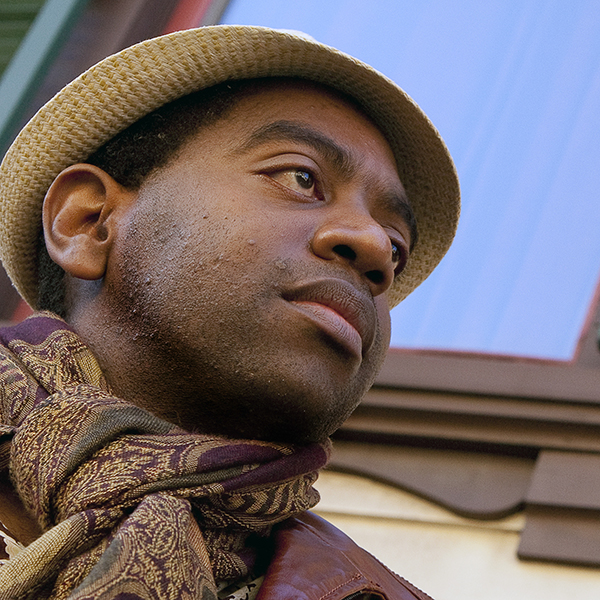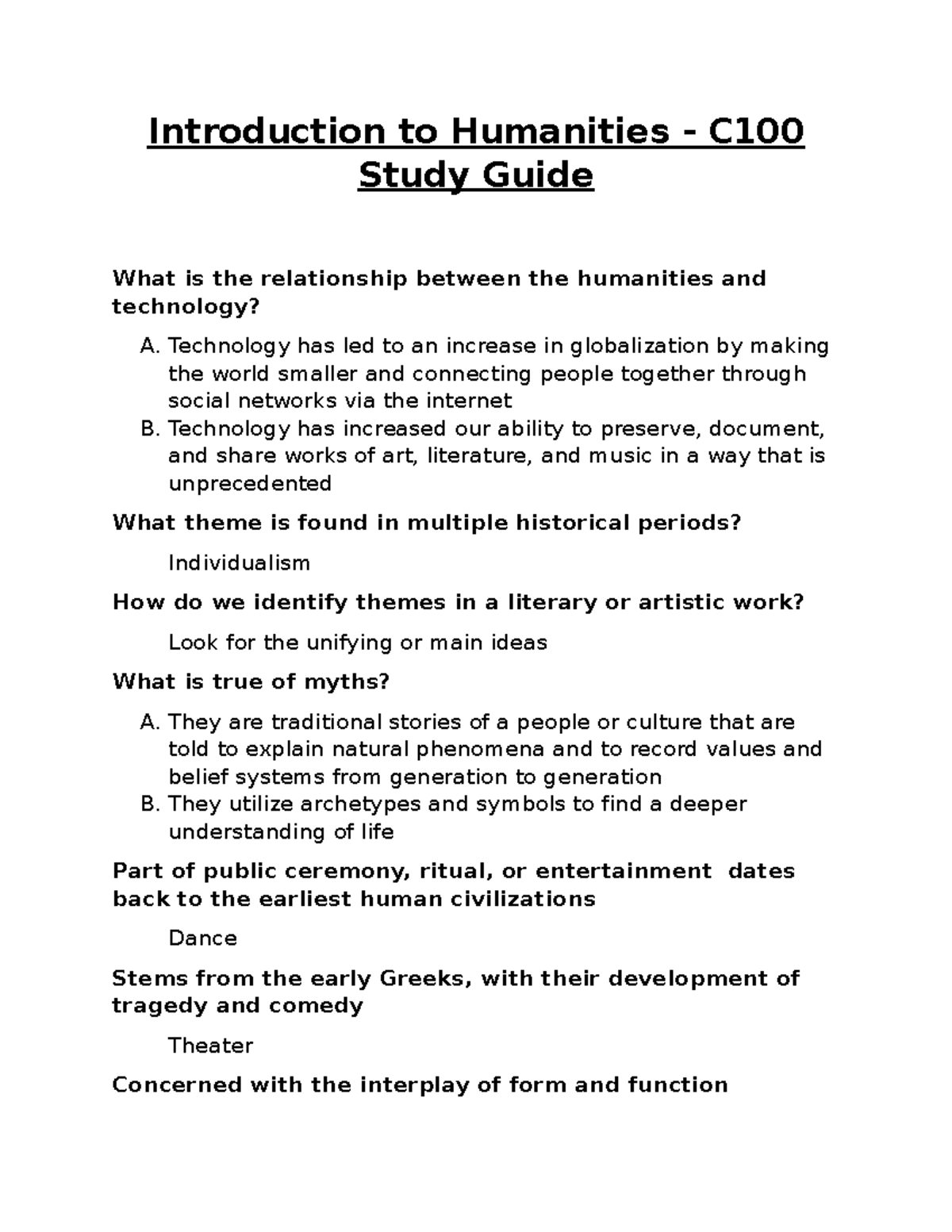Yosvany Terry’s Musical Legacy is a profound exploration of how Afro-Cuban roots and West African music intertwine to create a rich cultural tapestry. As a senior lecturer at Harvard University and the director of the Harvard Jazz Ensemble, Terry actively engages in preserving and revitalizing these vibrant musical traditions. His extensive research and performances bridge cultural gaps, illuminating the significance of music education and culture in understanding our identities. By integrating Cuban music and Afro-Latin traditions into his teaching, Terry inspires the next generation of musicians to appreciate the historical connections between these genres. Through his work, he not only honors past influences but also creates an enduring legacy that impacts the landscape of contemporary music.
Exploring the legacy of Yosvany Terry reveals a fascinating journey into the confluence of diverse musical traditions that shape contemporary sounds. With a strong foundation in Afro-Latin styles and deep roots in Beninese cultural practices, Terry embodies the spirit of cultural preservation and innovation. His role at Harvard goes beyond instruction; it fosters an environmental rich in music education and cross-cultural engagement, allowing students to appreciate the intricate lineage of jazz influenced by West African rhythms. The fusion of these rich heritages illustrates the powerful dialogue between different musical identities, creating pathways for an enriched future in the arts. Ultimately, Terry’s contributions not only celebrate a vibrant cultural history but also pave the way for new artistic expressions that resonate globally.
Yosvany Terry’s Musical Legacy
Yosvany Terry’s musical legacy is intertwined with his deep-rooted commitment to preserving and promoting the rich cultural traditions derived from Africa and the Caribbean. Through his travels to West Africa and his native Cuba, Terry has engaged in a profound exploration of how these diverse musical heritages intersect and influence contemporary music. His work with the Harvard Jazz Ensemble plays a crucial role in this narrative, as it serves as a platform to educate students about the historical and cultural significance of Afro-Latin music traditions, enhancing their understanding and appreciation of the complexities of jazz and its origins.
In his performances and teaching, Terry emphasizes the importance of cultural identity, showcasing how the music of African descendants in the Americas is a testament to resilience and creativity. This legacy is not just about the music itself; it also encompasses a broader educational mission. By integrating African and Afro-Latin music into his curriculum at Harvard, Terry aims to ensure that future generations of musicians recognize and honor the historical context of the genres they play, fostering a greater sense of respect and connection to their cultural roots.
The Impact of Afro-Latin Traditions on Modern Jazz
Afro-Latin traditions hold a significant place in the evolution of modern jazz, impacting its rhythm, structure, and improvisational style. The rhythms that originated in West Africa, which were brought over via the transatlantic slave trade, blended with existing European musical frameworks to give rise to a hybrid genre that is distinctly American yet deeply interconnected with its African roots. Musicians like Yosvany Terry embody this fusion, drawing from their heritage to create new and exciting expressions of jazz that resonate with audiences today, while also honoring the past.
Terry’s work illustrates how these Afro-Latin influences are not just historical footnotes but living traditions that continue to evolve. In his teaching, he encourages students at the Harvard Jazz Ensemble to explore these roots, allowing them to engage with the rhythms and improvisational techniques that define much of contemporary jazz. This exploration not only broadens their musical repertoire but also instills an appreciation for the cultural narratives that these musical forms represent, emphasizing the interconnectedness of diverse musical traditions.
Intersection of Music Education and Cultural Preservation
Music education plays a vital role in the preservation of cultural traditions, especially those at risk of being forgotten amid modern influences. Yosvany Terry’s commitment to integrating the musical traditions of Cuba and West Africa into his teaching at Harvard illustrates this connection. By providing students with direct access to these forms, he not only educates them about their historical significance but also equips them with the tools to carry these traditions forward. The curriculum is designed to highlight how these musical forms can inform one’s identity and cultural heritage.
Furthermore, Terry’s initiatives, such as incorporating workshops and collaborative performances with artists from Afro-Latin backgrounds, create immersive learning experiences that resonate with students. These opportunities expand their understanding of music as a cultural artifact, enabling them to appreciate its role in shaping societal identities. As students engage with these traditions, they become advocates for the preservation and evolution of these musical expressions, ensuring that they remain vibrant and relevant in contemporary society.
Exploring West African Musical Roots
The exploration of West African musical roots is central to understanding the broader narrative of music in the Americas. Yosvany Terry’s research trips to Benin have illuminated the rich tapestry of rhythms, melodies, and cultural practices that have influenced genres like jazz, salsa, and Afro-Cuban music. These traditions, often overlooked in mainstream music education, carry stories of resistance, community, and identity that resonate powerfully within the context of the African diaspora.
Through his teaching and performance work, Terry emphasizes how these West African influences manifest in various musical styles today. He encourages students to dive deep into these traditions, examining how the integration of such rich cultural heritage has shaped the development of contemporary genres. This scholarly approach not only enriches the students’ musical vocabularies but also fosters a deeper awareness of the cultural landscapes from which these sounds emerge.
The Role of Jazz in Cultural Exchange
Jazz serves as a compelling medium for cultural exchange, representing a unique convergence of African, European, and Caribbean musical traditions. Yosvany Terry’s leadership of the Harvard Jazz Ensemble exemplifies this spirit of exchange, fostering an environment where students can experience and contribute to a rich dialogue between diverse musical heritages. By inviting guest musicians from various backgrounds, Terry continues to broaden the ensemble’s understanding of jazz as an evolving art form deeply rooted in historical and cultural contexts.
The collaborative nature of jazz allows for an ongoing exploration of rhythm, improvisation, and cultural dialogue. Terry encourages his students to actively participate in this exchange, demonstrating how music can transcend geographical and cultural boundaries to create a shared experience. Through performances, workshops, and collaborative projects, students witness firsthand the transformative power of music as a bridge between cultures, inspiring them to carry forward these traditions in innovative ways.
Connecting Music and Identity
The connection between music and personal identity is a central tenet in Yosvany Terry’s work. By investigating the cultural traditions that inform his craft, Terry illustrates how music serves not merely as entertainment but as a means of self-expression and cultural storytelling. His research highlights the importance of understanding one’s roots, particularly for marginalized communities, who have historically used music as a vehicle for asserting their identity in the face of oppression.
At Harvard, Terry cultivates a classroom atmosphere that encourages introspection and cultural reflection through music education. Students engage with the historical narratives surrounding Afro-Latin and West African music, allowing them to forge personal connections to the material. This exploration fosters a deeper appreciation for the music they create and the cultures they represent, ultimately nurturing a generation of musicians who are not just skilled performers but also informed advocates for cultural preservation and expression.
Community Engagement through the Arts
Yosvany Terry’s involvement in community arts programming, such as ArtsThursdays at Harvard, reinforces the pivotal role of music in fostering community engagement. By inviting the larger community to experience live performances, he opens doors for dialogue about cultural identity, heritage, and the transformative power of the arts. This initiative reflects the broader mission of integrating arts into everyday life, making it accessible to both students and the public.
Through performances and workshops, Terry creates opportunities for interaction and collaboration among diverse groups, which enriches the cultural landscape of the community. By engaging community members in these artistic endeavors, Terry helps foster a sense of belonging and shared cultural appreciation, highlighting how music can serve as a unifying force that transcends social and cultural barriers.
The Journey of Musical Discovery
Every musical journey begins with exploration and discovery, a theme evident in Yosvany Terry’s work as a musician and educator. His research into the musical traditions of Benin and Cuba showcases how traveling to one’s roots can yield profound insights that influence creative expression. This journey is not solely a personal endeavor; it is integral to his teaching philosophy, encouraging students to embark on their own paths of musical exploration.
Terry’s commitment to exposing his students to various cultural experiences demonstrates the importance of context in music education. By introducing them to the historical and cultural ties that bind music to identity, he provides a framework for understanding the complexities of their craft. Each performance not only represents a moment in time but also encapsulates an entire journey of discovery, encouraging students to think critically about their influences and the narratives they wish to convey through their art.
The Future of Arts and Cultural Education at Harvard
As Yosvany Terry envisions the future of arts and cultural education at Harvard, he is optimistic about the potential for further integration of diverse musical traditions into the curriculum. His experience over the years has demonstrated the transformative impact that exposure to varied traditions can have on students’ understanding of music. By continuing to invite guest artists from different backgrounds and collaborating across disciplines, Terry aims to cultivate a robust arts culture that celebrates diversity.
The focus on diversity and inclusion within the arts is vital to creating an enriching educational environment. As Harvard moves forward, the hope is to create pathways that encourage students to engage with a broad spectrum of artistic expressions. By nurturing an appreciation for the interconnectedness of global musical traditions, Terry and his colleagues can inspire a new generation of artists who are equipped to navigate and contribute to the evolving landscape of the arts.
Frequently Asked Questions
What is Yosvany Terry’s musical legacy in the context of Cuban music?
Yosvany Terry’s musical legacy is deeply rooted in Cuban music, where he integrates Afro-Latin traditions with contemporary jazz. As a renowned musician and director of the Harvard Jazz Ensembles, he emphasizes the significance of preserving and promoting musical heritage, particularly the influences of African diaspora on music in the Americas.
How does Yosvany Terry connect Afro-Latin traditions to music education at Harvard?
Yosvany Terry connects Afro-Latin traditions to music education at Harvard by incorporating his extensive research in Benin and Cuba into the curriculum. He exposes students to the cultural roots of jazz and Afro-Latin music, ensuring they understand the historical context and significance of these traditions in shaping modern music.
What role does Yosvany Terry play in the Harvard Jazz Ensemble?
As the director of the Harvard Jazz Ensemble, Yosvany Terry plays a crucial role in fostering a creative environment that highlights Afro-Latin heritage. He brings in diverse jazz masters and incorporates elements of Cuban music and West African traditions, enriching the students’ performance experiences and expanding their musical knowledge.
How has Yosvany Terry influenced the perception of West African music in relation to Cuban music?
Yosvany Terry has influenced the perception of West African music in relation to Cuban music by showcasing how these traditions are intricately connected. Through his performances and research, he highlights the impact of slave traditions on the development of Cuban music and contemporary jazz, demonstrating their enduring cultural significance.
What impact does Yosvany Terry hope to achieve through his research on musical traditions of Benin and Cuba?
Through his research on the musical traditions of Benin and Cuba, Yosvany Terry aims to illuminate the cultural narratives often overlooked. He hopes to inspire students and audiences to appreciate the rich histories behind Afro-Latin music and its transformative power in shaping identities within the Americas.
In what ways does Yosvany Terry’s work exemplify cross-disciplinary collaboration at Harvard?
Yosvany Terry’s work exemplifies cross-disciplinary collaboration at Harvard by integrating music with other fields such as cultural studies and technology. His collaborations with colleagues from different departments foster innovative approaches to music education, exploring the relevance of Afro-Latin traditions in contemporary contexts.
How does Yosvany Terry plan to integrate his findings about Afro-Latin traditions into his performances?
Yosvany Terry plans to integrate his findings about Afro-Latin traditions into his performances by creating new compositions and thematic explorations. His upcoming performance titled “Imaginary Dialogues: Dahomey” is an example of how he embodies his research in live music, connecting historical elements with modern interpretations.
What is the significance of Yosvany Terry’s contributions to music education and culture at Harvard University?
Yosvany Terry’s contributions to music education and culture at Harvard University are significant as they broaden the understanding of jazz and its roots in Afro-Latin traditions. His focus on cultural preservation emphasizes the importance of understanding our musical heritage, thus enriching the academic and artistic landscape of the university.
| Key Point | Details |
|---|---|
| Research Focus | Exploring the link between Benin’s musical traditions and Caribbean music, especially jazz. |
| Cultural Significance | Research aims to highlight the impact of the African diaspora on music and identity. |
| Educational Mission | Terry aims to provide students with primary source materials and insights into cultural preservation and influence on modern music. |
| Artistic Development | Research informs new compositions and projects, such as an opera based on historical figures in Cuban history. |
| Community Engagement | Programs like ArtsThursdays raise awareness of arts at Harvard and promote cross-disciplinary collaboration. |
| Future Aspirations | Terry hopes to continue expanding the music department’s offerings and engaging with diverse artistic traditions. |
Summary
Yosvany Terry’s Musical Legacy is an embodiment of the fusion of cultural heritage and contemporary artistry. Through his research in Benin and Cuba, Terry not only deepens the connection between African and Caribbean musical traditions but also serves as a bridge to foster understanding among students and the broader community. His dedication to educational initiatives and innovative performances exemplifies a commitment to preserving and revitalizing musical identity in an ever-evolving cultural landscape.



